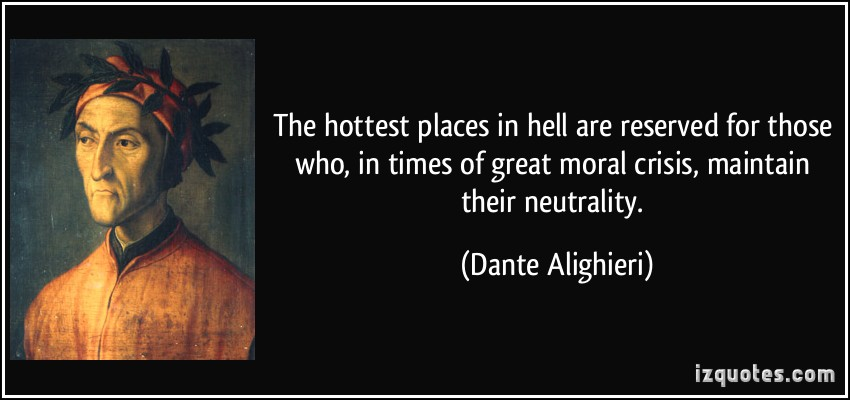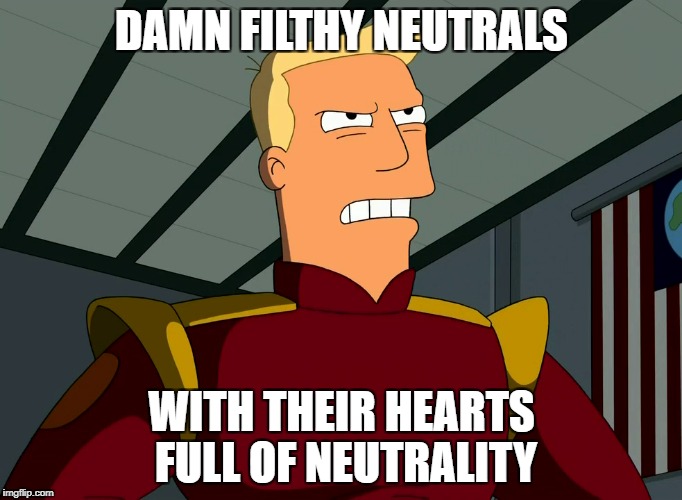I like this because then we can see who votes against it and know definitively who does and does not support this ongoing genocide
I hope you’re prepared for a lot of “abstain” votes.
I’d say fence-sitting this vote is even more an indictment than just a “No” vote personally; it doesn’t take a MENSA candidate to tell whether or not funding a genocidal morass of settlers is morally correct

Yeah, saying ‘no comment’ to stopping a thing we’re already doing is just adding a meaningless word after the ‘no’
Still tells me everything I need to know. Silence is violence
Thats a bit dramatic, its more like silence is complacency in congress
Abstaining is pro genocide imo
That is a perfectly clear message for me actually.
It’s about opposing genocide or not. “Do nothing knowing that will cause the genocide to continue” is close enough to “continue the genocide” for me.
Someone will add something to the bill that will give any who need it an excuse to vote against.
and any who take it can be safely counted as monsters in support of a genocide, fuck what they say after the fact
Expect that “something” added to be a thing that makes the bill a non-starter. Something like ‘no assistance to Ukraine’ or ‘passport required to vote’ or ‘federal abortion pill ban’, etc.
Assuming they don’t do a voice vote (PDF).
Another example of more subtle forms of exclusion afforded by anonymity can be found in the practice of voice vote in the US Congress. While the roll call voting record, which identifies the voting behavior of each Congress member individually, has established itself as the dominant practice in modern congressional procedures, the default version still practiced today is the voice vote. Here yeas and nays are each expressed verbally and collectively so that the individual vote of the respective Congress member remains unknown to the public. The chair then gauges the majority and decides the vote. This procedure, which is the original practice of the US Congress, undermines transparency and parliamentary accountability. Obscuring voting behavior effectively shuts the public out and metaphorically speaking closes the doors of parliament to public scrutiny. Lynch and Madonna (2103) find that elections incentivize Congress members to request a recorded roll call vote. Thus, while the competition for seats enhances transparency, voice voting is still a common practice when members of Congress want to conceal their voting behavior on controversial issues
deleted by creator
I wonder how many of those who complain about “Jewish space lasers” will suddenly want to vote against this?
Those jewish space lazers aren’t being manufactured by Lockheed
Wut
How many Republicans that have complained about Jewish space lasers will block this bill? Pretty simple question actually.
Wtf does this phrase “Jewish space lasers” mean? Did you mean to say “Israeli Space Lasers”?
Israel may have laser systems (iron dome) and they may have satellites in space, but I don’t know about them combined. And, most importantly, Israel is not “Jews”. Conflating the Zionist project with Judaism is antisemitic.
It’s a phrase that was used by many right wingers in America. Literally blaming lasers in space controlled by Jews for starting massive forest fires.
It’s a reference to crazy stuff MAGA nutters have said (specifically Muppety Taylor Greene 🤢)
https://www.snopes.com/fact-check/greene-jewish-lasers-wildfires/
https://www.washingtonpost.com/politics/2024/04/18/marjorie-taylor-greene-lasers-israel-amendment/ Article is trash, but this is the reference in question
Wtf does this phrase “Jewish space lasers” mean?
If only there was some easy way to search websites for phrases like this.
Every time I see Bernie’s face its on smt good. Bless him fr
One of the greatest tragedies in American History was this man losing the democratic nomination. He could have done so much, and instead we fucking got Joe Biden…
:( agreed
If 80 senators decide the vote should be anonymous then it could be, right? Normally i don’t think that’d be possible but for something AIPAC hold so dear i could see it
If 80 senators decide the vote should be anonymous then it could be, right? Normally i don’t think that’d be possible but for something AIPAC hold so dear i could see it
A voice vote would provide that anonymity and may be the path the senate goes down since then the official votes aren’t counted, but idk if that is paperwork that happens later.
Too bad the vote won’t happen until after the election, if it ever happens at all.



















